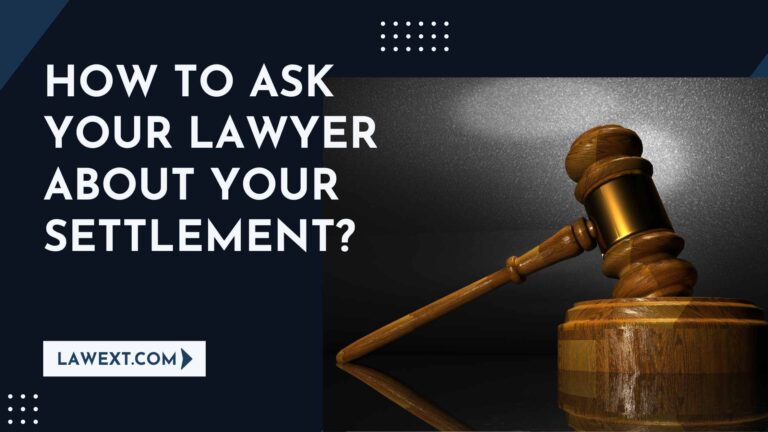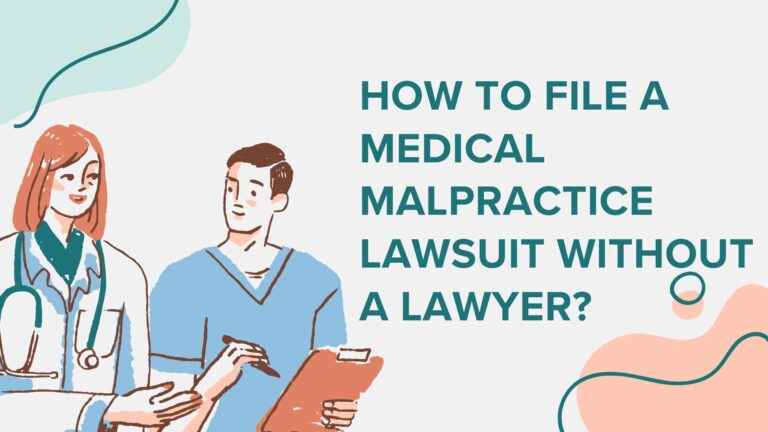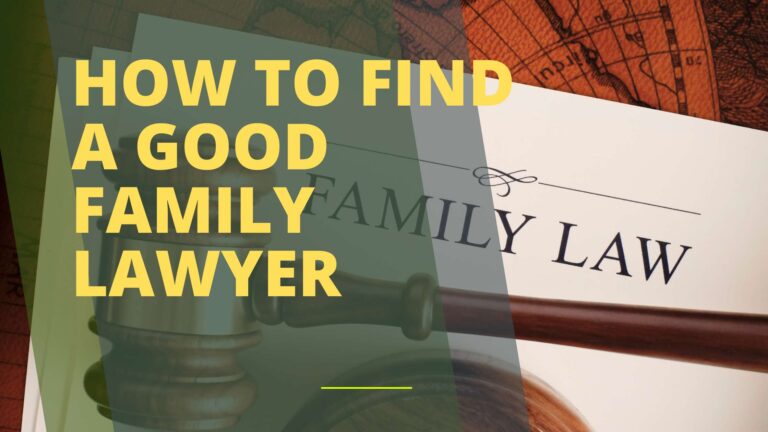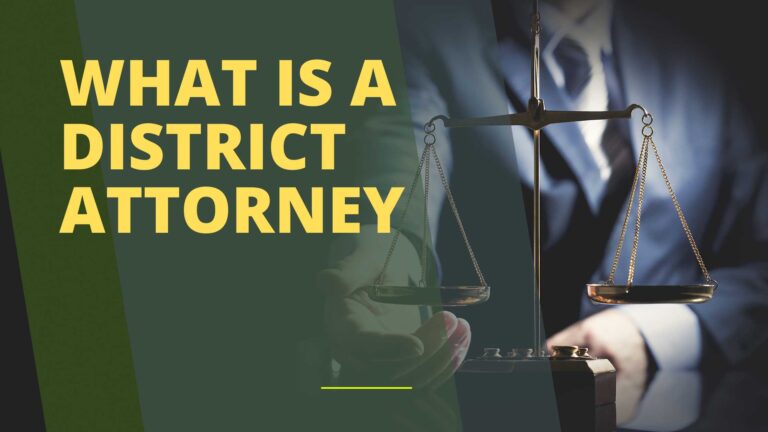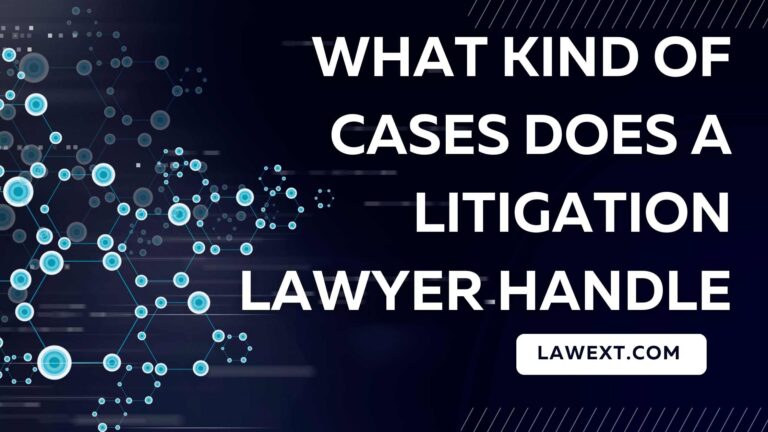Do I Need a Lawyer for a Misdemeanor?
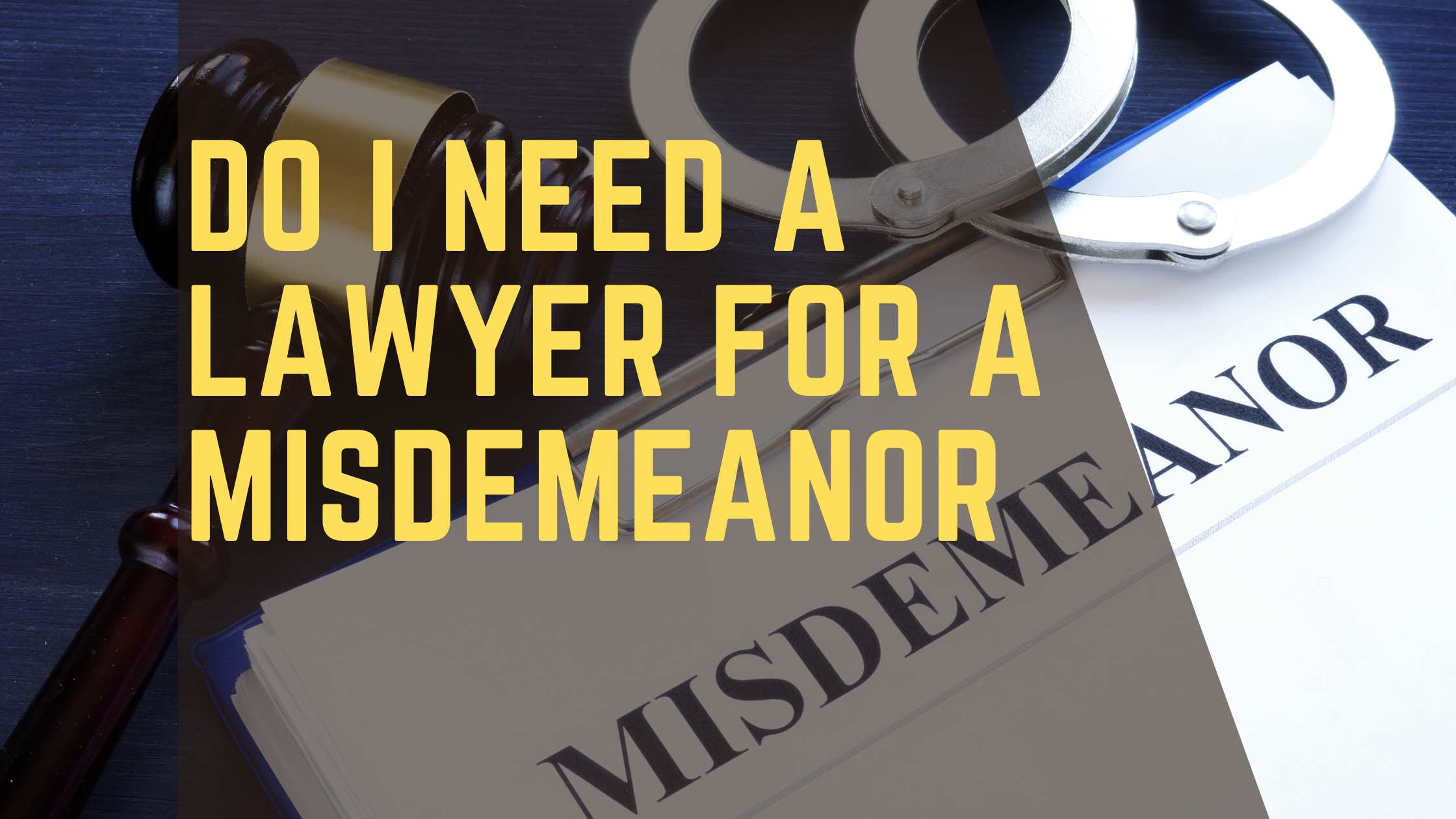
Yes, having a lawyer for a misdemeanor is essential due to the potential consequences involved. Facing a misdemeanor charge can be a daunting experience, with potential repercussions ranging from fines to probation or even jail time.
Do I Need a Lawyer for a Misdemeanor? While misdemeanors are less serious than felonies, it is still crucial to have a lawyer representing you. They possess the expertise to navigate the legal system, protect your rights, and build a solid defense on your behalf. A skilled lawyer can negotiate on your behalf, explore potential options for plea bargains or reduced charges, and provide guidance throughout the entire legal process.
With the complexities and potential impact of a misdemeanor charge, it is wise to seek the assistance of a knowledgeable lawyer to ensure the best possible outcome.

Credit: www.okeeffeattorneys.com
Understanding Misdemeanors
Understanding misdemeanors and whether or not you need a lawyer for a misdemeanor can be a complex matter. It’s important to seek legal advice to navigate the potential consequences and protect your rights.
When facing criminal charges, it’s crucial to have a clear understanding of the legal landscape you’re dealing with. Misdemeanors, while less serious than felonies, still require careful consideration and often necessitate the expertise of a lawyer. In this article, we will provide a comprehensive overview of misdemeanors, including the types of misdemeanors and their potential consequences. By the end, you’ll be equipped with the knowledge needed to make informed decisions when facing misdemeanor charges.
Types Of Misdemeanors
When it comes to misdemeanors, there are three broad categories that crimes can fall under: Class A, Class B, and unclassified misdemeanors. Let’s take a closer look at each of these categories:
| Class | Description |
|---|---|
| Class A Misdemeanors | This category includes more serious offenses, such as assault, domestic violence, and driving under the influence (DUI). |
| Class B Misdemeanors | These misdemeanors are less severe than Class A, but still carry legal ramifications. Charges like petty theft, first-time possession of drugs, and trespassing often fall into this category. |
| Unclassified Misdemeanors | Some states have laws that classify certain offenses as unclassified misdemeanors. These can range from minor infractions like littering to more specific violations set forth by state statutes. |
Understanding the classification of your misdemeanor charge is essential, as it will determine the potential penalties you may face if convicted. Now that we have covered the types of misdemeanors, let’s delve into the likely consequences.
Potential Consequences
While misdemeanors generally carry less severe punishments than felonies, they can still have a significant impact on your life. Here are some of the potential consequences you may face:
- Fines: Misdemeanors often result in monetary penalties, with the amount varying depending on the severity of the offense and state laws.
- Probation: In some cases, the court may impose probation as an alternative to or in addition to jail time. This requires regular check-ins with a probation officer and compliance with specific conditions.
- Jail Time: For more serious misdemeanors, the court may sentence you to a period of incarceration, typically less than a year.
- Criminal Record: Convictions for misdemeanor offenses can stay on your record, potentially affecting future employment opportunities and personal relationships.
- Driver’s License Suspension: Certain misdemeanor offenses, such as a DUI, can lead to the temporary suspension or revocation of your driver’s license.
If you are facing a misdemeanor charge, it is crucial to consult with a qualified lawyer who can assess your case, explain the potential consequences, and guide you through the legal process. Their expertise can be instrumental in building a robust defense strategy and ensuring the best possible outcome for your situation.
Assessing The Complexity Of Your Case
Legal Knowledge And Experience
It’s essential to consider the lawyer’s legal knowledge and experience when assessing the complexity of your misdemeanor case. A seasoned lawyer with a deep understanding of misdemeanor laws and courtroom procedures can navigate complex legal matters efficiently, providing you with sound legal advice and strategies.
Severity Of Charges
The severity of the charges against you also plays a crucial role in determining whether you need a lawyer for your misdemeanor case. Misdemeanor charges vary in severity, and depending on the specific circumstances, having legal representation can significantly impact the outcome of your case.
Navigating The Legal System
Navigating the legal system for a misdemeanor can be overwhelming. While it’s not mandatory to hire a lawyer, their expertise can help build a strong defense and ensure fair treatment throughout the process.
Courtroom Procedure
Understanding the courtroom procedure is essential when facing a misdemeanor charge. The legal system can be complex and daunting, but having a basic knowledge of what to expect can help alleviate some of the anxiety. In general, the courtroom procedure consists of several key steps:
- Arraignment: During this initial stage, the charges against you will be read, and you will have the opportunity to enter a plea. It is recommended to have legal representation present during this crucial moment to ensure your rights are protected.
- Evidence and Discovery: Once the arraignment is complete, the next step is the discovery period. This is when the prosecution and defense exchange evidence they plan to present at trial. It is important to review the evidence thoroughly with your lawyer, as they can challenge any questionable or improperly obtained evidence that may be used against you.
- Pre-Trial Motions: Prior to the trial, both the prosecution and defense have the opportunity to file motions to exclude or introduce certain evidence or witnesses. Your lawyer can guide you through this process and argue on your behalf to ensure a fair trial.
- Trial: If your case proceeds to trial, the prosecution will present their evidence and witnesses, followed by the defense. Your lawyer will cross-examine the prosecution’s witnesses and present any evidence or witnesses in your favor. It is crucial to have an experienced lawyer who can skillfully present your defense and protect your rights throughout the trial.
- Sentencing: If you are found guilty or decide to plead guilty, the judge will determine your sentence. This can range from fines and probation to jail time. Your lawyer can advocate for a fair and lenient sentence based on the circumstances of your case.
Negotiating Plea Bargains
In many misdemeanor cases, the prosecution may offer a plea bargain as an option to resolve the charges without going to trial. This is a negotiation process where the defendant agrees to plead guilty or no contest to a lesser charge or accepts a more favorable sentence in exchange for a reduced punishment. It is crucial to have a skilled lawyer by your side to assess the strength of the prosecution’s case and negotiate the best possible deal on your behalf. A plea bargain can often lead to a lesser sentence, saving you time, money, and the stress of a trial.
Legal Defense Strategies
Developing effective legal defense strategies is crucial when fighting a misdemeanor charge. Your lawyer will thoroughly review the evidence, questioning its admissibility and identifying any potential weaknesses in the prosecution’s case. Some common defense strategies include:
- Challenging the legality of the search and seizure that led to your arrest
- Questioning witness credibility or reliability
- Alleging violations of your constitutional rights during the arrest or investigation
- Presenting an alibi or providing evidence that casts doubt on your involvement in the alleged crime
- Negotiating for an alternative resolution, such as diversion programs or community service instead of incarceration
Having an experienced lawyer who specializes in criminal defense can make a significant difference in the outcome of your case. They will meticulously analyze the details of your situation, craft a solid defense strategy, and advocate for your rights and best interests throughout the legal process.
The Importance Of Legal Representation
Legal representation is crucial for misdemeanor cases as it can significantly impact the outcome. A lawyer can provide guidance, ensure a fair trial, and negotiate for a lesser sentence. Their knowledge of legal procedures and experience in navigating the court system can make a substantial difference in the resolution of your case.
Protecting Your Rights
When facing a misdemeanor charge, it is essential to understand the significance of legal representation in protecting your rights. A lawyer specializes in criminal law and is well-versed in the intricacies of the legal system. By hiring a lawyer, you ensure that your rights are safeguarded throughout every step of the legal process.
Having a lawyer by your side means having someone who understands the complexities of the law and can navigate the legal system effectively on your behalf. They will review the evidence against you, identify any potential violations of your constitutional rights, and build a strong defense strategy tailored to your specific case.
A lawyer will act as your advocate, conveying your side of the story to the judge or jury. They will ensure that your voice is heard and that you are treated fairly throughout the proceedings. With their expertise and guidance, you can have confidence that your rights will be protected.
Minimizing Penalties
Another crucial aspect of legal representation in misdemeanor cases is the ability to minimize the potential penalties you may face. Misdemeanors carry penalties such as fines, probation, community service, and even jail time, depending on the severity of the offense.
A skilled lawyer will work diligently to negotiate with the prosecution, aiming to reduce the charges or penalties against you. They have the knowledge and experience to identify any weaknesses in the prosecution’s case and leverage them to your advantage. By presenting compelling arguments, they can potentially persuade the court to impose lesser penalties or explore alternative sentencing options.
Moreover, a lawyer can guide you through the process of plea bargaining, where they negotiate with the prosecution to secure a more favorable outcome. This process may involve negotiating for a reduced charge or recommending alternative sentencing programs that focus on rehabilitation rather than punishment. With a lawyer’s expertise, you have a better chance of achieving a more favorable resolution for your misdemeanor case.
Seeking Alternative Sentencing
Legal representation is especially crucial when seeking alternative sentencing options in misdemeanor cases. Some courts offer alternatives to traditional punishment, such as diversion programs, drug or alcohol rehabilitation, or community service in lieu of jail time. These alternatives can provide an opportunity for rehabilitation and a chance to avoid the long-term consequences of a criminal record.
A lawyer will advocate for your eligibility in these programs and guide you through the requirements and application process. They will work with you to compile any necessary documentation and present a compelling case to convince the court that you are a suitable candidate for alternative sentencing. With their expertise, you can explore these options and potentially obtain a more favorable outcome that focuses on your rehabilitation and future success.
To increase your chances of a positive outcome in your misdemeanor case, seeking legal representation is crucial. A lawyer will tirelessly work to protect your rights, minimize the potential penalties, and explore alternative sentencing options. Their expertise and guidance will undoubtedly have a significant impact on the outcome of your case.
Factors To Consider When Hiring A Lawyer
When dealing with a misdemeanor charge, it’s essential to consider hiring a lawyer to protect your rights and provide legal representation. However, choosing the right attorney can be crucial in determining the outcome of your case. Factors that should be taken into account when hiring a lawyer for a misdemeanor include qualifications and experience, communication and trust, as well as costs and fees.
Qualifications And Experience
When selecting a lawyer for a misdemeanor charge, it’s important to consider their qualifications and experience in handling similar cases. Look for a lawyer who specializes in criminal law and has a track record of successfully defending clients against misdemeanor charges.
Communication And Trust
Effective communication and trust are key factors when hiring a lawyer for a misdemeanor. Choose a lawyer who listens to your concerns, explains legal proceedings clearly, and establishes a strong level of trust. This open communication can significantly impact the overall success of your case.
Costs And Fees
Before hiring a lawyer for a misdemeanor charge, it’s crucial to understand their costs and fees. Ensure that you are clear on the fee structure and what services are included. Clarify if there are any additional costs, such as court fees or administrative expenses, to avoid any unexpected financial burdens.

Conclusion
Having a lawyer for a misdemeanor can greatly benefit your case. Their expertise can lead to reduced charges or even dismissal. Navigating the legal system alone can be daunting. A lawyer can provide valuable guidance and support during this challenging time.
Don’t hesitate to seek legal representation for your misdemeanor case.
Amelia Justiceberg, a distinguished legal luminary, thrives on the intersection of empathy and legal acumen. As a prominent family law attorney, she orchestrates compassionate resolutions amidst complex dynamics. Justiceberg's courtroom finesse and dedication to fairness define her practice. Beyond litigation, she ardently advocates for social justice, solidifying her reputation as an influential force in the legal landscape.

